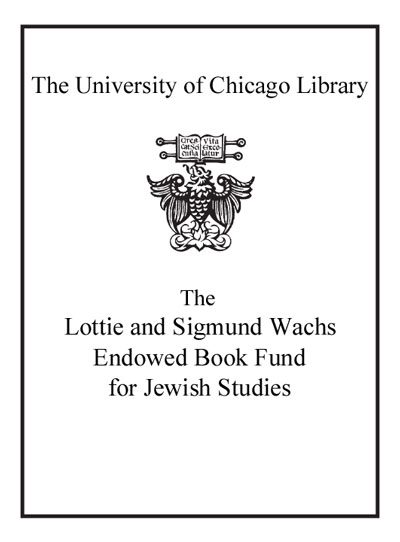Review by Choice Review
Rabbinic Judaism, which blossomed after the Roman destruction of Jerusalem, is often depicted as preoccupied with developing ritual substitutes (e.g., prayer, charity) for the now-absent sacrificial cult. In this dense but provocative monograph, Balberg (Northwestern Univ.) argues that the intellectual energy the ancient rabbis expended discussing the precise procedures surrounding the temple's sacrificial system calls this caricature into question. Balberg's probing examination reveals that the rabbis regularly rewrote the biblical rules of sacrifice to advance an innovative ideology about the nature and function of sacrifice. The rabbinic corpus places a much greater emphasis on the procedures surrounding the sacrificial blood and in turn de-emphasizes other elements of sacrifice, such as the individual offerer's actions and intentions. The rabbis also downplayed matters pertaining to the distribution of the sacrifice, likely to de-emphasize the notion that the deity was being fed. Balberg (in dialogue with Guy Stroumsa) notes that this ideological reshaping of sacrifice at times mirrors concerns found in early Christian texts and among Greco-Roman philosophers, suggesting that the decline of sacrifice in late antiquity had complex roots. This erudite book will interest scholars working on ancient Judaism, the ancient Mediterranean world, or sacrifice more generally. Summing Up: Recommended. Upper-division undergraduates through faculty. --Joel S. Kaminsky, Smith College
Copyright American Library Association, used with permission.
Review by Choice Review

